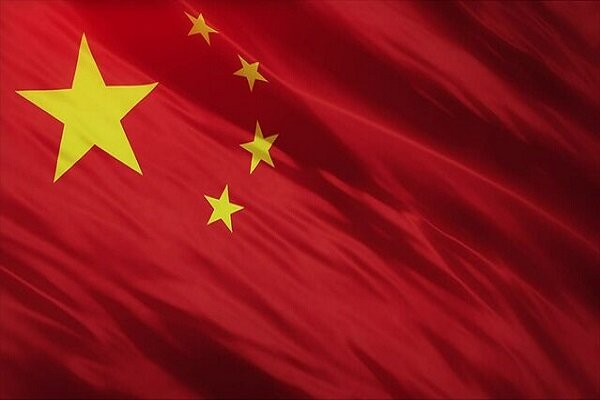In the first quarter of 2025, China’s major private-industrial companies had risen 7.3% in value-added output, surpassing the entire industrial sector, official data show.
From an investment and trade perspective, private investment recorded an annual growth of 0.4% in the first quarter, overturning the full year decline in 2024, private companies recorded a 5.8% increase in import and export values, and total foreign trade increased to 56.8%.
Westwell Technology, a Shanghai-based autonomous driving developer, reported a 300% revenue spike in the first quarter compared to the same period last year.
“We’ve been working hard to get into the world,” said Tan Limin of Westwell, who took part in the latest episode of China Economic Roundtable, a full-scale media talk show hosted by Xinhua News Agency.
Founded in 2016, Westwell has grown from a startup to one of the global leaders in smart logistics. The heavy, unmanned truck, once featured in Chinese science fiction blockbuster The Wandering Earth II, is currently operating in 28 countries and regions.
From competitive electric vehicles and Deepseek, a rising star in artificial intelligence, to Unitree Robotics, a pioneer in humanoid robot development, private companies are at the forefront of China’s economic advancement.
According to official data, private companies’ share among Chinese tech companies has risen from 62.4% in 2012 to more than 92% today. These companies currently account for 70% of the country’s technological innovation outcomes.
Liu Min, deputy director of the Private Economic Development Bureau under the National Committee on Development and Reform, said he was impressed by the pioneering and innovative spirit of Chinese private entrepreneurs who piloted the integration of Sci-Tech and Industrial Innovations.
“Their innovative outcomes are the expansion of applications and the surge in growing markets,” added Liu.
Innovation was also highlighted at a high-level symposium in February, attended by top Chinese leaders and representatives from private companies. The meeting reaffirmed the party’s unwavering support for the private sector and urged private companies to pursue high-quality development in a difficult way.
Ryu Yong Hao, chairman of the New Hope Group, was one of China’s leading agricultural conglomerates and was one of the private entrepreneurs who attended the symposium.
Speaking about the Round Table, he said, “In a new era, private companies must take on new roles, and traditional industries can be empowered by new quality productive forces.”
According to Zhu Min, a member of the Senior Expert Advisory Committee at the China Center for International Economic Exchange, private companies in China could leverage areas such as globalization, intelligent operations, technology-driven manufacturing, green development and innovative services.
He emphasized that private companies are expected to pioneer in building new industrial chains worldwide and are expected to play a particularly important role in advance of artificial intelligence software.
“This will greatly improve production efficiency, product quality and product development for private companies,” Zhu said in Roundtable.
Westwell’s Tan said the company has been aiming to build a global brand since its inception, and is clever and aims to provide China-made products and new quality production capabilities to the world.
Zhu expressed optimism about the future of China’s private sector despite the challenges posed by external uncertainty caused by tariffs and trade barriers.
“For the past 40 years, private companies in China have risen from the ground to become a powerful force,” he said. “They are proficient at seizing new opportunities in times of crisis and thrive through competition.”
MNA/

